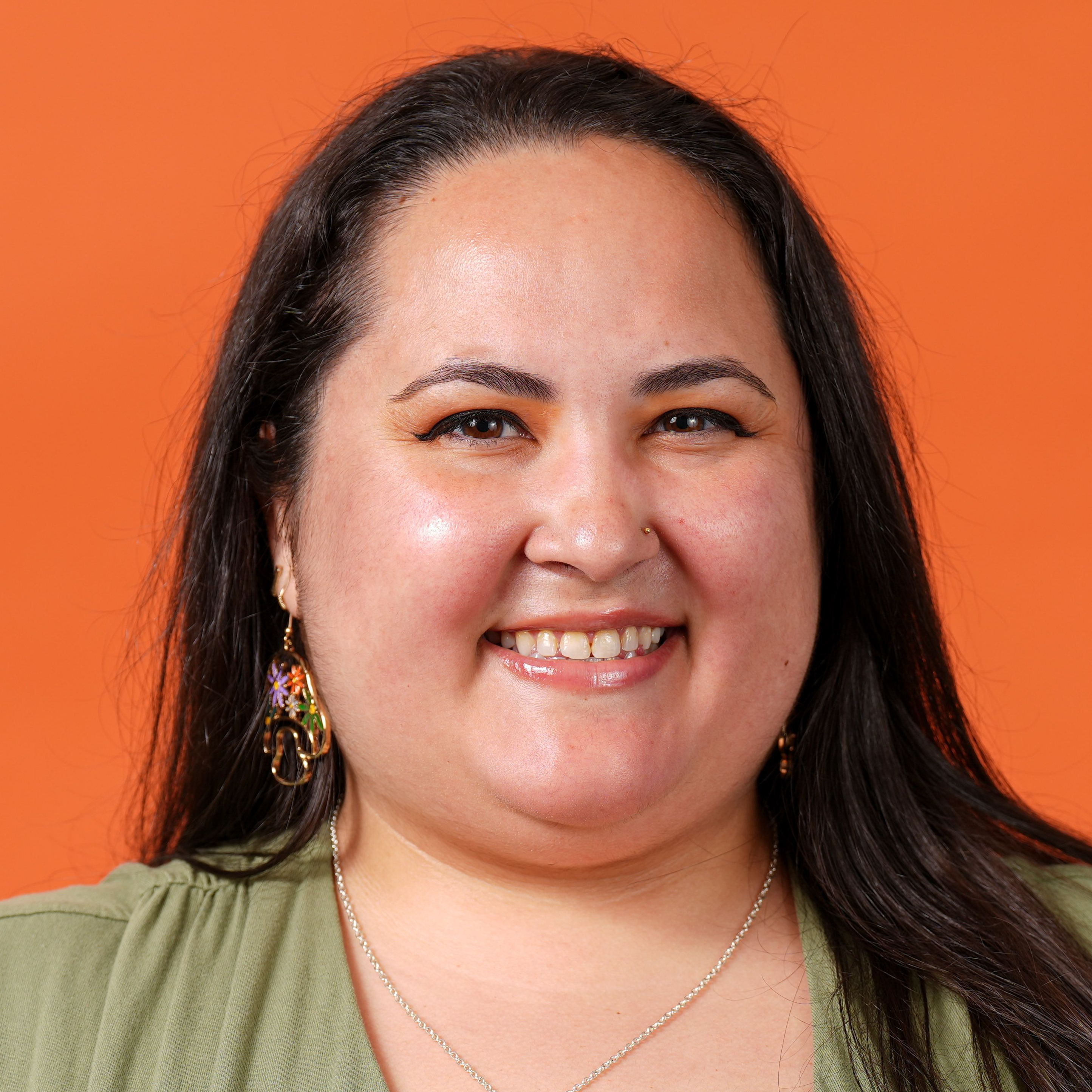There’s no amount of money Jayson J. Green wouldn’t pay to save New Song Academy.
“Literally, if I hit the Mega Millions of Powerball, I would just pay for everything,” Green said. “If I had the means, oh, I would MacKenzie Scott it in a minute."
Until September, Green was executive director of New Song Community Learning Center, the nonprofit that operates New Song Academy, a charter elementary-middle school that’s been in Sandtown-Winchester for more than 30 years. On Monday, Baltimore City Public Schools CEO Sonja Santelises informed school staff in a letter that New Song will close at the end of the school year, despite receiving a three-year charter renewal from the school board in January.
Santelises said the decision was prompted by a worsening financial outlook for the school, which currently operates out of a building she said is deteriorating. Because of issues with the school’s roof and HVAC system, teachers and staff are getting moved to a Harlem Park campus nearby over winter break.
It’s unclear why the school can’t stay there after this year. Baltimore City Schools declined to make officials available for comment and did not answer emailed questions Tuesday. Board Chair Robert Salley directed questions to the district.
While Green said he was surprised by the “swift decision,” which he learned about by reading The Banner, he was well aware of the school’s financial straits. When Green took over as executive director in December 2020, New Song was “in the hole already” and failing to generate revenue, he said.
Read More
That only worsened over the years. Though Green said he tried to fundraise as much as possible, grants dried up and some reliable donors moved or died. Funding fell off a cliff when pandemic-era money ran out, he said. More recently, donors who were laid off from federal jobs haven’t been able to contribute as much.
Though New Song tried to patch its leaky roof and fix its HVAC system, the school’s 25-year-old building was nearing the end of its shelf life with no money to replace it.
As a charter school, New Song is privately run but receives public funding, operating with permission from the school board. When New Song received a conditional three-year renewal in January, its leaders were told they had to check in monthly with the school system regarding their finances, Green said.
“It was hard because there wasn’t a lot of change happening,” Green said. “I was doing the best I could, but I can’t say that we were in a different place than where we were when we got renewed.”
Ultimately, Green left his post at end of September because there wasn’t enough money to pay his salary and he wanted to make sure staff continued to collect paychecks, he said.
Costs like building maintenance fall to charter operators, creating hard-to-fill funding gaps.
Doug Fireside worked at New Song as a teacher in the early 2000s and as principal from 2019 to 2024, taking over after New Song applied to become a charter school. Fireside said reconfiguring the budget for that transition was hard, but he worked with the school district every year “to get the most value for the money we were spending.”
Still, problems persisted. New Song was designed to be a small school, and charter schools get public funding based on the number of students they enroll. New Song had to pay teachers and fund classrooms without adding a bunch of kids because they physically wouldn’t fit, Fireside said. Plus, New Song now competes with more schools for private dollars than it did when it opened in the 1990s.
“Each year it became a little bit more difficult,” he said.
New Song Academy opened in 1994, three years after Allan M. and Susan Tibbels formed a nonprofit to revitalize the Sandtown-Winchester neighborhood. Though now a charter, it was one of Baltimore’s “new schools” in the late 1990s, the first privately run schools in Maryland that “gave students a free alternative to their neighborhood public school,” according to reporting at the time by The Baltimore Sun.
New Song, which started as a middle school, sought that designation to access public funding and expand to lower grades. Before, it relied on grants and $10-a-month tuition, but the school needed “long-term sustainability,” Tibbels said at the time.
The school’s financial troubles aren’t new. In 2006, the school struggled to secure the funding it needed from the public school system, which was pouring more money into schools struggling with test scores after the passage of No Child Left Behind. Tribbels, who served as principal at the time, was supplementing her budget with private donations of about $500,000 a year to pay teachers and staff, according to The Baltimore Sun. Even then, it was a pace she found impossible to sustain.
New Song’s 30-year history is closely intertwined with its neighborhood’s. In 2023, four New Song students were awarded $13,000 to deliver fresh food to Baltimore’s food deserts via a renovated city bus.
Fireside said while at New Song, he “really understood what it meant to be in service to a community, not just to a group of students and parents.”
Fireside, who now works for another nonprofit serving Baltimore City youth, said Sandtown-Winchester losing New Song isn’t like losing a corner store or your favorite takeout restaurant. It’s losing a community hub where generations of parents and kids have gone through the same school, and where graduates have been hired on as support staff to give back to their second home.
“You run the risk of furthering the disenfranchisement of the community,” Fireside said. “Schools must be more than just a building where kids go for 7.5 hours a day.”
About the Education Hub
This reporting is part of The Banner’s Education Hub, community-funded journalism that provides parents with resources they need to make decisions about how their children learn. Read more.




Comments
Welcome to The Banner's subscriber-only commenting community. Please review our community guidelines.